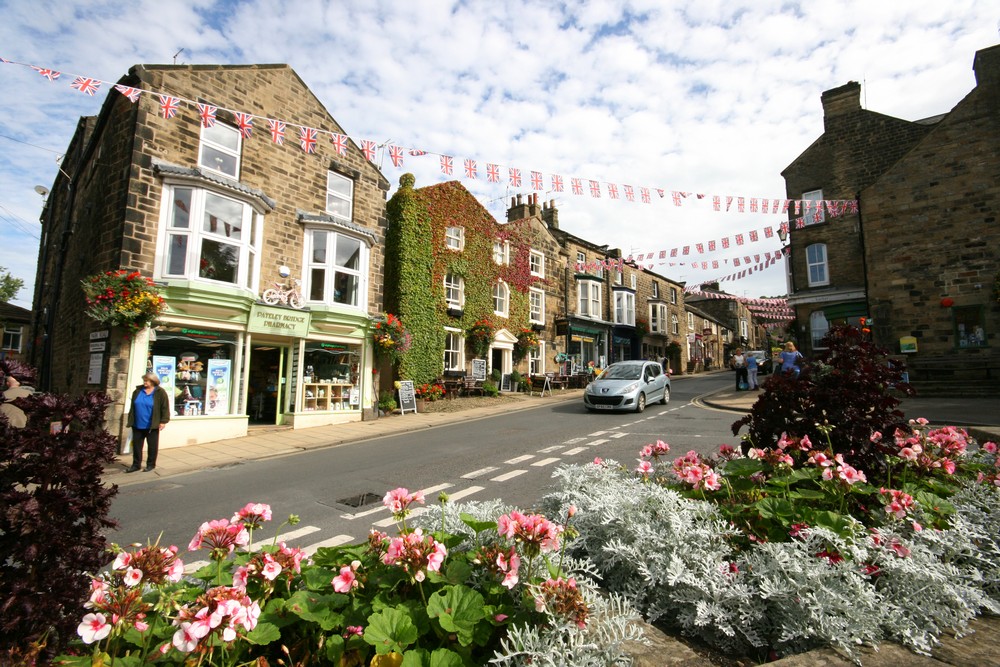Floods and wildfires worsened by degraded uplands

In the era of climate change the British weather is becoming more extreme with hotter summers and wetter winters. As part of the battle to protect communities the uplands are crucial for regulating the worsening impact of climate change, with healthy habitats able to function as effective flood and wildfire barriers.
When moorlands are burnt and drained for grouse shooting the peat bogs which should proliferate the upland landscape become severely degraded. As a consequence communities downstream are left vulnerable to flooding when large amounts of water jet off the hills rather than being held back by functioning habitats. This is a problem which costs the economy millions of pounds in repairs for flood damage, as well as the severe impact on residents, their homes and livelihoods.
It’s not only flooding which is worsened by damaged peatlands, but wildfires too. The absence of wet bogs has converted the uplands into a tinderbox where fires easily take hold and spread. Some landowners have adopted nature-friendly moorland management, such as cutting and controlled grazing, to manage the fuel load, but ultimately the restoration of peat bogs is needed to make the landscape fire-resistant once again. When the flames hit wet bogs they are extinguished, like when a lit match is thrown into a full sink.
Communities torn apart by wildlife crime

Bird of prey persecution is one of the highest profile rural crimes in areas with grouse moors. The impact this has on community life is well recognised and the ongoing killing of protected birds of prey is tearing moorland communities apart.
There is a growing body of evidence and first-hand accounts which strongly suggests that gamekeepers on some grouse moors are being pressured by shooting agents, landowners and senior employees into performing bird of prey persecution, despite it being against the law. Nobody should be expected to go into work to break the law, especially when doing so has such an obvious impact on wildlife and the individuals involved, as well as broader communities.
Many moorland communities rely heavily on spending from visitors, but when wildlife crime is performed on grouse moors the reputation of entire areas is tarnished. Tourists stay away, less money is put into the hands of hard-working local businesses and people’s livelihoods are damaged.